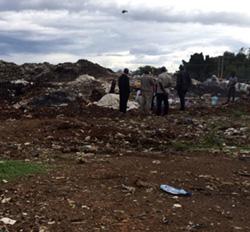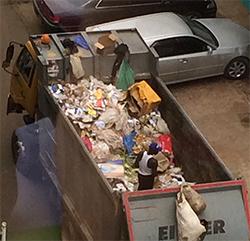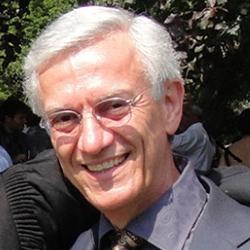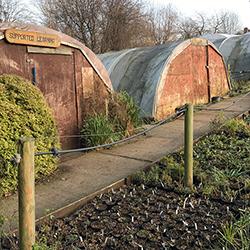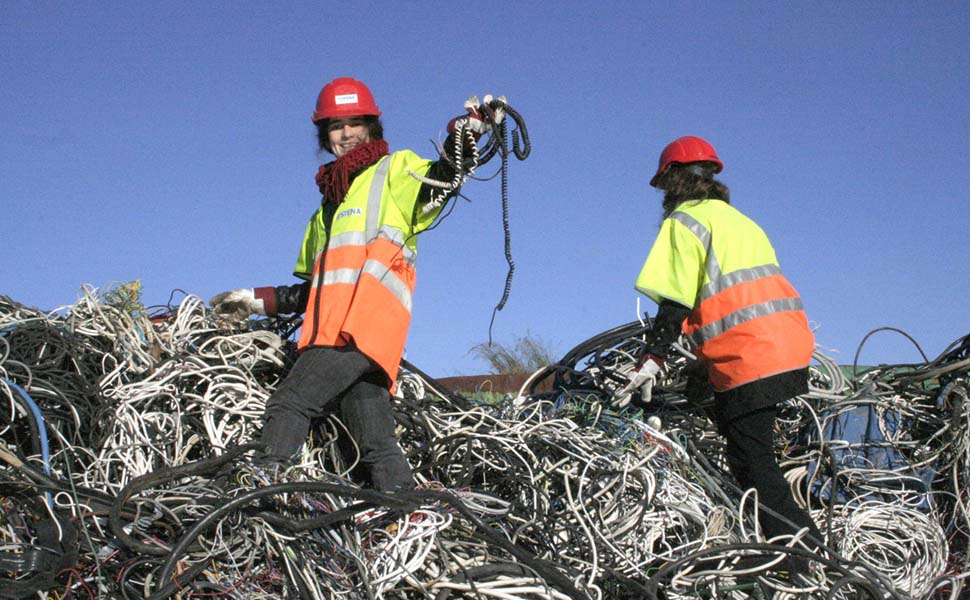
PhD Project: From Waste to Resources
Waste handling is a mayor challenge for our society. Growing populations and economic development equals a higher consumption of goods and in turn ever growing mountains of waste. Urban waste is more difficult to handle than rural waste and today the majority of the world’s population live in urban areas. The waste problem is therefore growing, not just in proportions but in complexity. The aim of this project is to provide greener Municipal Solid Waste handling systems.
We need to close the loop
Another aspect of the challenge is that we cannot continue to waste resources. The availability of resources and the ecosystems ability to provide them is decreasing. Meanwhile the global demand of natural resources is increasing. We need to close the loop of material usage. Creating a closed loop system would provide the opportunity to in sustainable way handle waste and to provide the materials and components future generations will demand.
Design and participation
In order to get to a zero waste system, improvements have to be done that allow higher reuse and recycling rates, ultimately achieving a closed-loop resource system. If these improvements are to be successful they need to be addressed at every level of the waste handling system and involve all actors. They also have to be cost effective and environmentally friendly. The project will tackle this challenge through conducting several studies aiming to improve Municipal Solid Waste handling systems through design and participation. 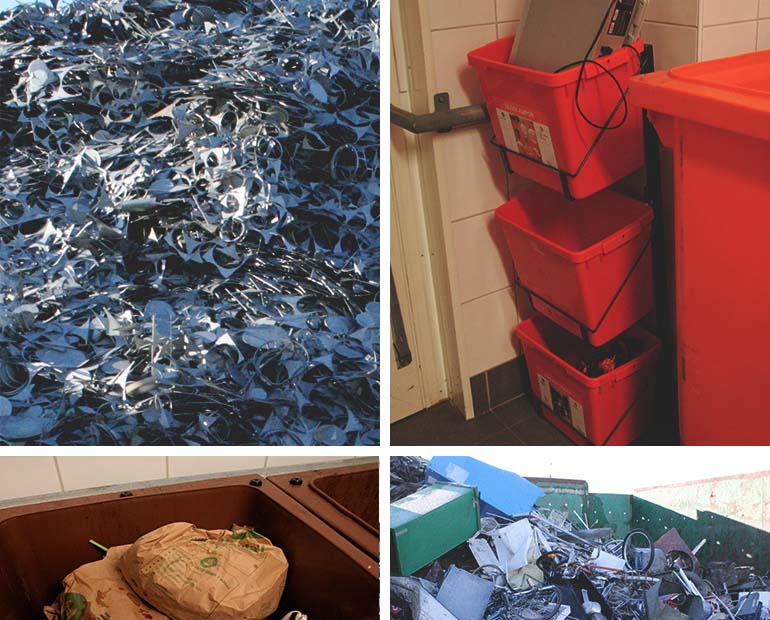
Defining the future
The project will use back-casting as an approach. A desired future goal will be defined, that goal will then be compared to the current situation to be able to see which steps are need to obtain the desired goal. The first stage will be to understand the existing situation. A visualization of the current system will be created to facilitate a dialogue around the systems potential improvements.
Developing the system
The second stage will be to involve the relevant actors and to jointly define an ideal closed-loop resource system and set common goals for the improvement of the system. As well as envisioning the steps needed to achieve this. The final stage is implementation, encouraging the actors that have participated to take the necessary steps towards a closed-loop resource system. This involves developing and testing different components that make up the ideal system.
Waste as material income
In parallel to the waste system improvement plan, last year design students will be encouraged to develop a thesis where they use waste as material income. This is done in cooperation with the project From Industrial Waste to Product Design. The possibility of proposing new product development with materials from existing waste streams, opens interesting new design and business opportunities, at the same time setting examples of resource recovery. This will be developed in cooperation with Semcon and Stena Recycling. Stena provides an existing waste stream that is currently destined to landfill, for the students to use as input. This is intended as concrete solutions to the existing problems of how to turn current waste into resources, providing information on the challenges the ideal closed-loop resource system will have to face.
Work and results
Experimental Study testing different waste sorting infrastructure within apartment buildings. This proposal has been accepted by the housing company Poseidon in Gothenburg, and the study has been taking place in some buildings located in Angered since the fall of 2012.
Presented the overall research at the seminar Avfallsfri stad (the waste free city) October 31st, 2013 in Stockholm, Sweden.
Presented the overall research at the Chalmers initiative Seminar on Global Challenges – Local Actions, held on the 5-6th of December, 2013.
Comparative Study on how Municipal Solid Waste handling works in Cairo, Gothenburg, Kisumu, Pune and Santiago.
Spinoff project done by Poseidon together with Renova and Human Bridge where they test collecting textiles in 30 buildings in Gothenburg.
The licentiate work completed in June 2014, see publication.
Phd Thesis Designing out waste - Exploring barriers for material recirculation, defence January 2017, see publication.
Publications
Files
-
Turning Waste into Product Design: Rethinking Polyurethane Foam Waste as a Resource.
-
Sound Waste: From Industrial Waste to Sound Absorption.
-
Konceptframtagning av produkt gjord av produktionsspill - ”From Industrial Waste to Product Design”
-
Gångbar PVC: Att se avfall som en resurs – Ett utvecklingsprojekt av golvkonceptet Återgången
